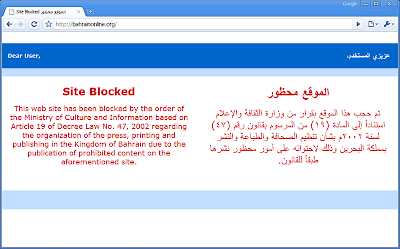I get asked this quite a lot, but my answer is quite simply – it’s easy of course you can find working anonymous proxies they are everywhere ! But there is a single word missing here, a subtext to the question and that word is ‘free’
Free Working Anonymous Proxies
Now this is altogether a slightly different problem, the reason of course it’s so difficult is cost. Running a free anonymous proxy for everyone who wants, privacy, anonymity or simply to bypass restrictions based on their local firewalls and proxies – costs an awful lot of money. As anyone who has run a heavy bandwidth using web site knows it can get extremely expensive.
So the question is why would anyone supply anonymous proxies for free to total strangers? The answer may surprise you but it is that they don’t, I mean they don’t on purpose. Makes sense when you think about it, most people have other more fun ways to spend their money than supplying free anonymous proxies.
So where do these working proxies come from, well they’re either left open accidentally, or hacked and made into proxies and used and abused by the internet freeloaders society. The reason it’s difficult to find working proxies like this is that they usually fall over fairly soon or their owner realise what’s happen and pull the plug before they get even bigger bills from people surfing.
Ironically when they do pull the plug they actually have one of the most extensive logs of web searching about. Yes these servers have huge logs of everyone who has surfed through them, their IP addresses and every web site they visit. Enough to easily send bills out to each person although I don’t know of anyone doing it. It would make those people thing about their working anonymous proxies though if the surfers got a bandwidth bill from a systems administrator of a hacked server somewhere!

 Internet censored
Internet censored
